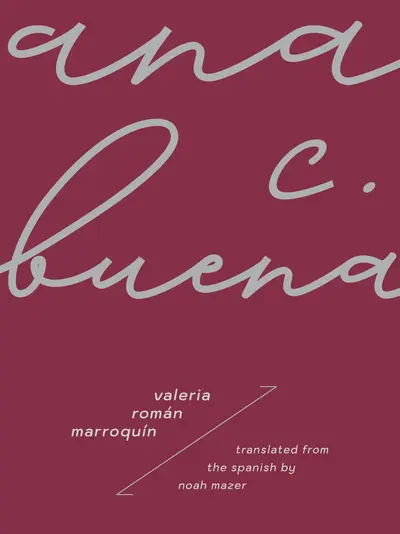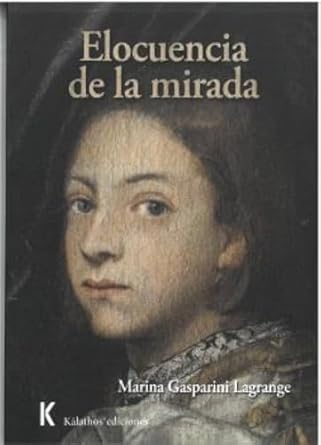Kingdom Cons. Yuri Herrera. Cáceres: Periférica. 2010. 127 pages.
 Critics in both the press and academia have praised the work of Yuri Herrera, whose figure as a novelist stands out in the Mexican letters in the first two decades of this century. His first novel, reviewed here, earned him the Borders of Words (2008) and Otras vocas, otros ámbitos (2009) awards. The success of Trabajos del reino [Kingdom Cons] is not only among the critics, but also in bookstores: the first edition (2004) was published by the Consejo Nacional para la Cultura y las Artes de México [National Council for the Culture and Arts of Mexico], the first edition in Spain (2008) is published by the publishing house Periférica, who again publishes the book in January 2010 and does a reprint a month later. Gallimard publishes the first edition in France in 2012 and a reprint in 2016. It has also been translated into German and Dutch.
Critics in both the press and academia have praised the work of Yuri Herrera, whose figure as a novelist stands out in the Mexican letters in the first two decades of this century. His first novel, reviewed here, earned him the Borders of Words (2008) and Otras vocas, otros ámbitos (2009) awards. The success of Trabajos del reino [Kingdom Cons] is not only among the critics, but also in bookstores: the first edition (2004) was published by the Consejo Nacional para la Cultura y las Artes de México [National Council for the Culture and Arts of Mexico], the first edition in Spain (2008) is published by the publishing house Periférica, who again publishes the book in January 2010 and does a reprint a month later. Gallimard publishes the first edition in France in 2012 and a reprint in 2016. It has also been translated into German and Dutch.
The success of the first novel is not unjustified and is consolidated with his later works: Signs Preceding the End of the World (2010) and The Transmigration of the Bodies (2013). Herrera himself has commented in various interviews that the theme of drug trafficking that permeates his works is only a motif and not its core. This way, anyone in the Americas who reads Kingdom Cons can easily find a connection with the war against drug trafficking that overpowered Ciudad Juárez, México with tragedy. However, Herrera chooses his words in the novel with caution, avoiding any direct reference to sexennial policies, cities, or specific people. For him, drug trafficking is a theme that relates to other moments in history, as well as other literary traditions, not an exception. In this way, readers in Spain, France, Holland or Germany are able to find a tragedy that is both local and universal.
In this novel, a third-person narrator tells the story of Lobo, a young street musician who goes from cantina to cantina singing for tips. The narrator is careful with his words, measured; sometimes thinking like the characters and sometimes judging them, but he’s always subtle and careful. That’s why the reader knows the facts of the characters, but rarely their thoughts. Lobo sees the actions of the drug barons, or capos, which rarely named by the narrator, and he realizes they are like the King and his Court when they defend him from a drunk who does not want to pay him for his songs. Herrera then makes a culture out of his characters, cultured relationships between characters, not restricted exclusively to narco-culture. It could be a cantina in Ciudad Juárez, but it could also be a European court, where the worker is protected by the king and he fights other kingdoms and the lucky ones live and bathe in glory, while the others are gobbled up by oblivion.
The narrator follows Lobo as a member of the Court (where he is called el Artista) while the young man learns the workings of the Kingdom and receives la Niña, a young woman of the Court whose hand the King grants him. Nevertheless, dark clouds are cast over the Kingdom and it seems war is approaching. Some capos have betrayed the King and the future is uncertain, as violence has already reached the Palace with the assassination of some courtiers. El Artista blindly trusts in the ability of his former defender to protect him from other kingdoms, but several courtiers predict the imminent fall of the King. The protagonist of the novel himself notes that the navigation of the Kingdom is not so easy, as he falls in love with la Cualquiera [The Hussy], daughter of la Bruja [The Witch], who was not intended for him, therefore breaking the order of the Court. One after another, the events of the novel announce the anxiety, but el Artista does not notice it and goes to sing to another kingdom as a spy. The protagonist carelessly misspeaks, thus ending his relationship with not only the King, but the entire Kingdom.
In the end, the destinies of the King, la Cualquiera and Lobo are reformulated according to their ability to adapt to changes during the war between the kingdoms and the government. Lobo sees the outside world with a different gaze, which is why Kingdom Cons has been called a Bildungsroman. What is undeniable is that, more than a border novel, it is a novel about borders, which it shares with the narco novel, the Bildungsroman, and the blurred characters that are, as a result, more real, albeit less realistic. Yuri Herrera thus ruptures the dichotomy between narrating a local reality and a literature that reaches a broad audience, between New Journalism and the tragedy of primitive characters. Herrera presents an individual drama inseparable from a historical and social reality, but with a subject capable of moving within that reality and even escaping from it.
Rodrigo Figueroa O.
Texas Christian University
Translated by Madison Huffling







